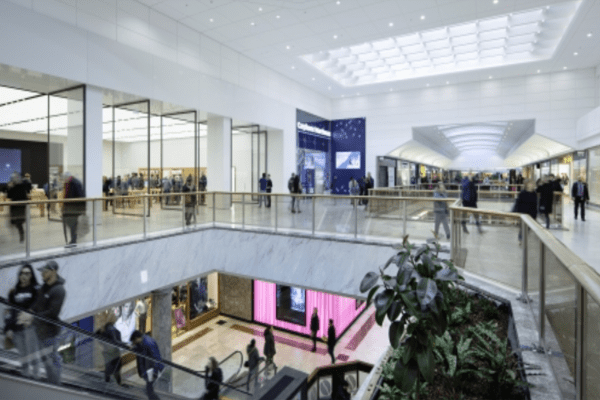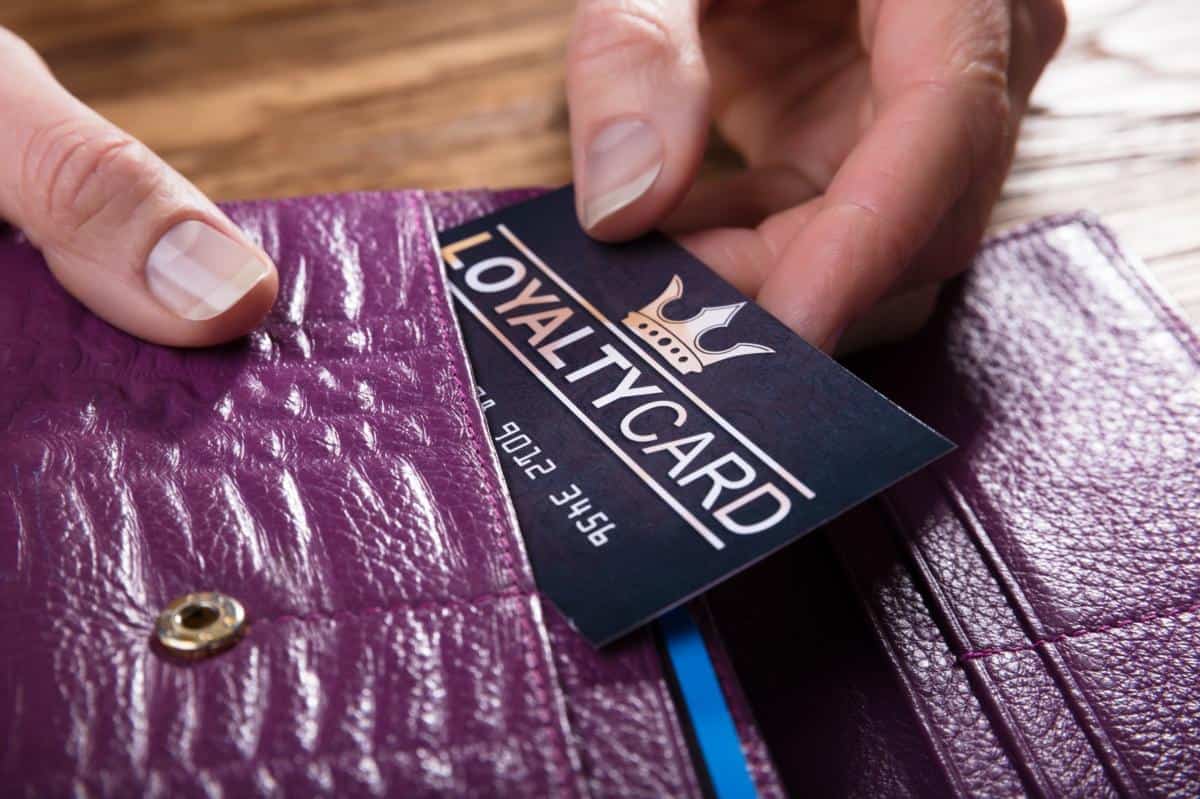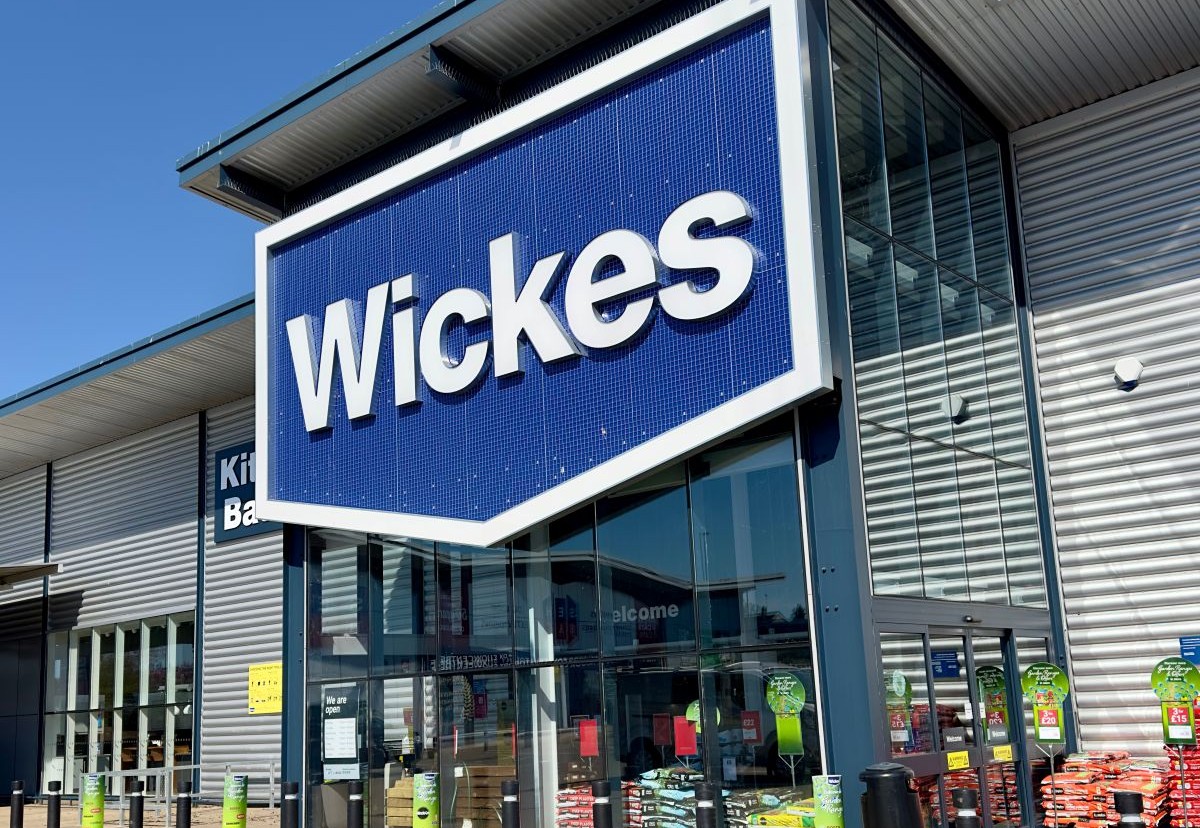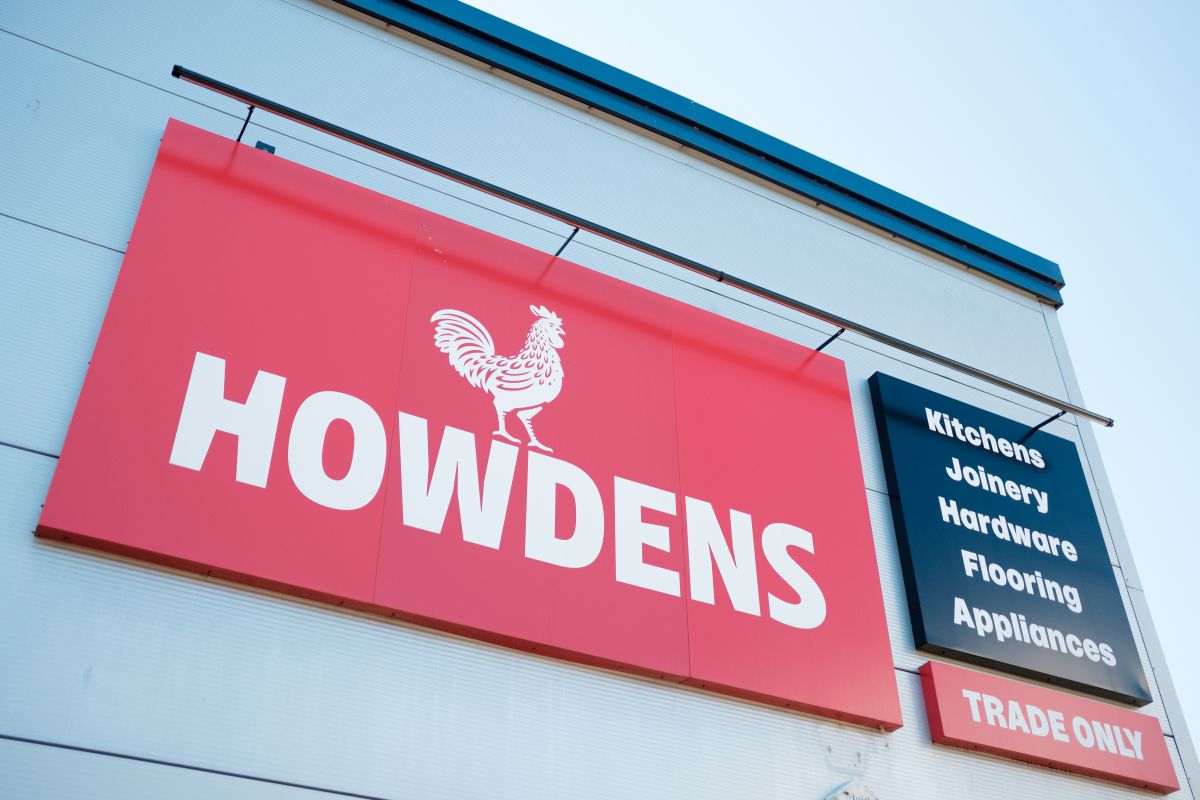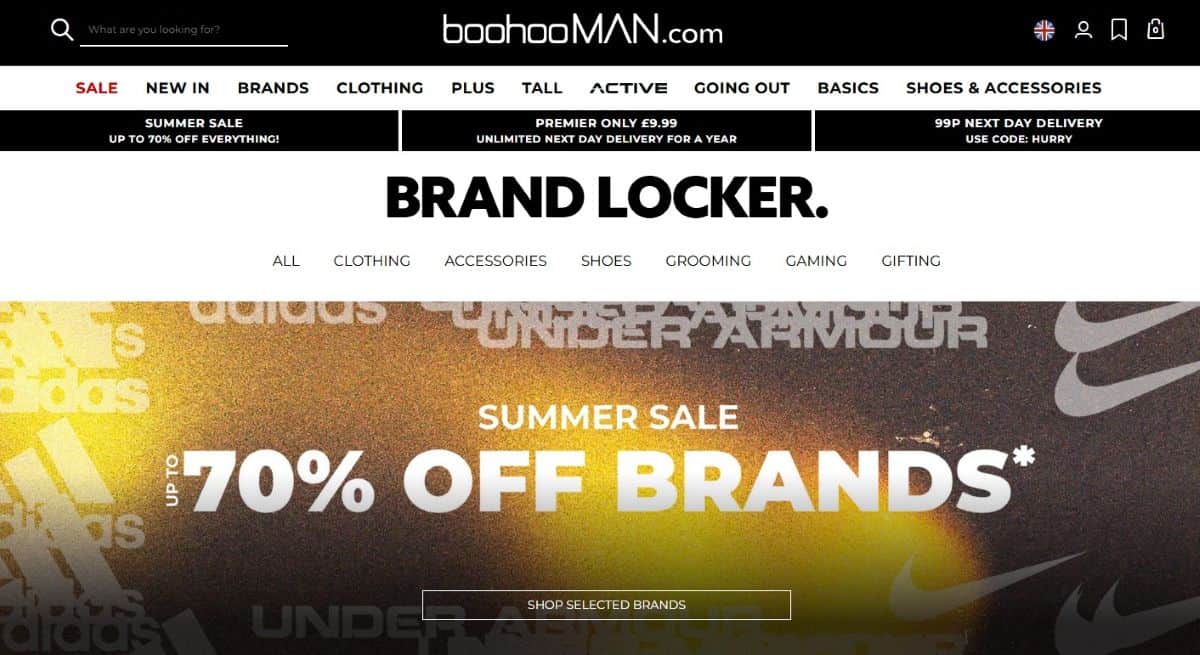Hammerson today reports a store-led recovery in its business. The number of people visiting its stores is rising as Covid-19 restrictions relax, while store occupiers are seeing sales rise ahead of footfall. At the same time, says the retail property developer and operator, there’s strong demand for prime space, with leasing in its flagship centres growing 150% on 2020 to £25m. Footfall, sales and leasing are also rising in its outlet business.
The update comes as Hammerson reports gross rental income of £241.6m in its 2021 financial year – down 15.8% from £286.9m in 2020. That’s mostly, says Hammerson, as a result of property disposals that helped to reduce net debt by £415m to £1.8bn. Like-for-like net rental income rose by 21.7%, having fallen by 41% in the previous year.
Occupancy in its flagship developments reached 95.5% – up from 94.7% a year earlier, while leasing reached £24.7m – from £9.9m a year earlier. At the bottom line, a pre-tax loss of £429.1m narrowed from a £1.7bn loss in the previous year as property values continued to be affected by the pandemic.
Hammerson says that 2021 was “always going to be a year of change” – and that it had “needed radical change to adapt and thrive” in order to reach its potential at a time when Covid-19 trends are changing the way that people work, live and shop. “People are engaging with spaces in a new way; at the same time occupiers are recognising the importance of their physical channels alongside digital,” Hammerson says in today’s full-year statement. “Our portfolio and offering had not kept pace with these changes.”
Refocusing on retail
Now, it is focused on a portfolio of prime urban estates, featuring new brands and concepts. It is repurposing department stores and redeveloping under used spaces for new uses, with new and engaging spaces alongside new occupiers and services. For example, the former Debenhams store in Birmingham’s Bullring will now be home to a new Marks & Spencer, featuring food, clothing and homewares that is moving from the high street. It is also partnering with digital native brands now moving into the physical world, boosting brand awareness as a result. Kick Game, for example, open in the Bullring, Birmingham.
“Since the beginning of 2021, we have made fundamental changes in our business, realigning our portfolio with £623m of disposals, significantly strengthening the balance sheet, re-setting our organisation and putting in place a clear strategy for value creation focused on ur prime urban estates,” says incoming Hammerson chief executive Rita-Rose Gagné.
“The pandemic has accelerated trends in our operating environment, with people engaging with physical space in new ways. Our role is to create and cute relevant, appealing and sustainable spaces for the future. We are already seeing the tangible results from our strategy with strong occupier leasing demand, reduced vacancies, improved collections, a lower cost base and clear path to value creation from our land bank. We have more to do. Today we are a forward-looking organisation with our assets at the heart of driving value creation.”
